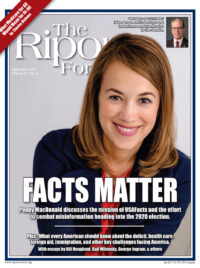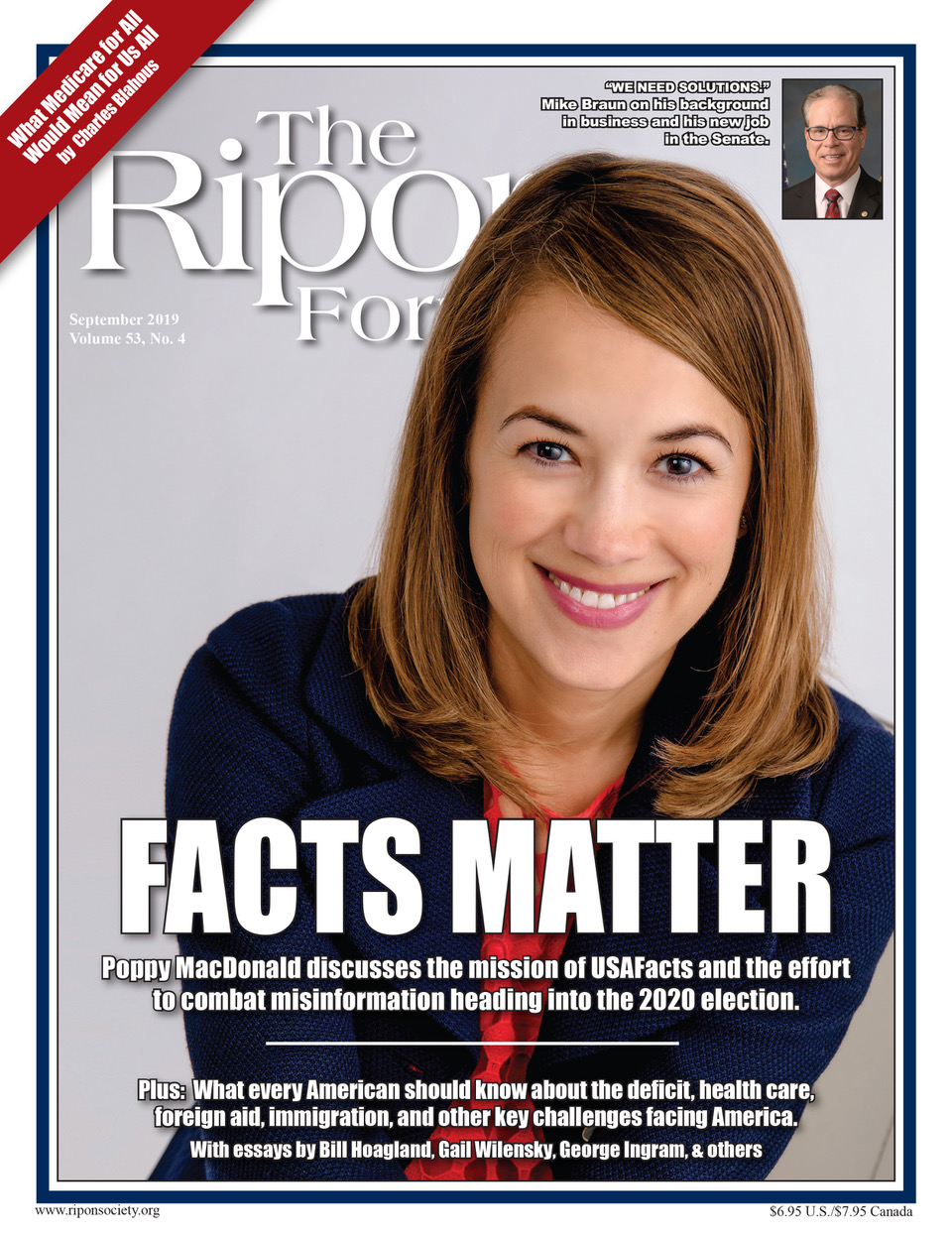Fake news.
If there were a more loaded term in American politics today, it would be hard to find.
For some, the term has come to represent the lament of a President who disagrees with stories and articles that do not suit his purpose.
For others, the term represents the increasing bias and inaccuracy of modern reporting and all that is wrong with the state of mainstream media today.
Regardless of one’s political leanings or affiliations, the fact remains that the veracity of the news is an increasing concern of the American people today. A report released this past June by Pew Research Center bears that out.
“More Americans view made-up news as a very big problem for the country than identify terrorism, illegal immigration, racism and sexism that way,” the report revealed. “Additionally, nearly seven-in-ten U.S. adults (68%) say made-up news and information greatly impacts Americans’ confidence in government institutions, and roughly half (54%) say it is having a major impact on our confidence in each other.”
Pew also asked Americans who they believe is responsible for this confusion and uncertainty: “Close to six-in-ten U.S. adults (57%) say political leaders and their staff create a lot of made-up news,” the report found, “and about half (53%) say the same thing of activist groups. About a third feel journalists (36%) or foreign actors (35%) create a lot, while about a quarter (26%) put the blame on the public.”
With the 2020 general election just over a year away, we thought it was a good time to focus on the importance of finding accurate and reliable information in the current news environment, and an organization that is working to achieve that goal today. The organization is called USAFacts. Established in 2017 by former Microsoft CEO Steve Ballmer, the group has created a new online platform that provides Americans with an unprecedented amount of data and information about the state of our society and all levels of American government.
We talk to USAFacts President Poppy MacDonald about this platform, the mission of the organization, and some of the key facts and other research the organization has uncovered over the past two years. We have also delved into some of those facts ourselves, with a range of experts offering their thoughts on what Americans should know about some of the key challenges facing our country in the coming year.
The experts include Bill Hoagland of the Bipartisan Policy Center writing about the debt and deficit, George Ingram of the Brookings Institution writing about U.S. foreign aid, former Medicare Administrator Gail Wilensky writing about health care, Jackie Varas of the American Action Forum writing about education, and Forum Deputy Editor Kyle Chance writing about education.
With a growing number of Democrats embracing “Medicare for all,” Charles Blahous of the Mercatus Center assesses some of the key elements of the proposal and what the plan would mean for us all if it were enacted. James Wallner of the R Street Institute examines the role of the Electoral College and whether it should be reformed or abolished. In our latest debate, John Samples of the Cato Institute and Justin Sherman of New America discuss whether content on the internet should be regulated.
In our Beyond the Beltway feature, Findlay, Ohio, Mayor Christina Muryn discusses how her community is fighting the opioid epidemic. And in our latest Ripon Profile, freshman Senator Mike Braun discusses his first year in office and how he is applying his experience in business to his new job on Capitol Hill.
As always, we hope you enjoy this latest edition of The Ripon Forum, and welcome an comments or questions you may have.
Lou Zickar
Editor of The Ripon Forum
louzickar@clu.ccw.mybluehost.me





